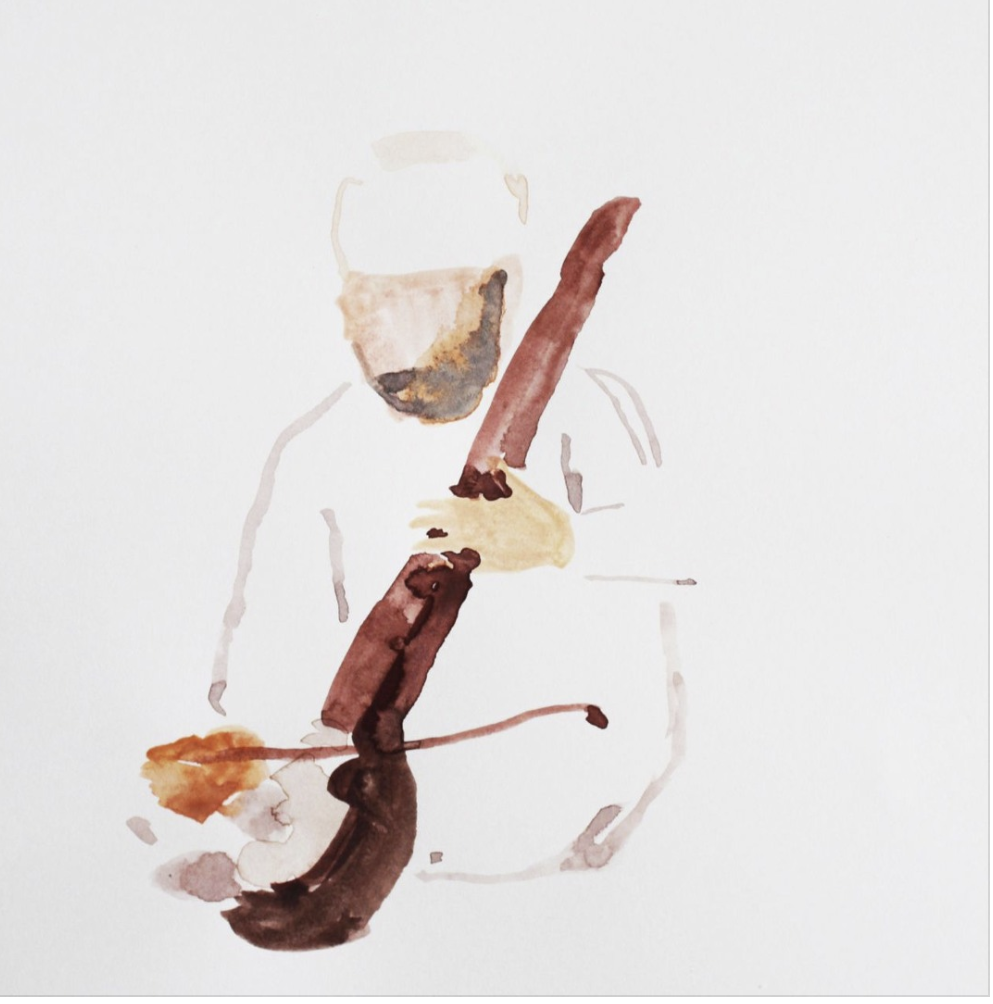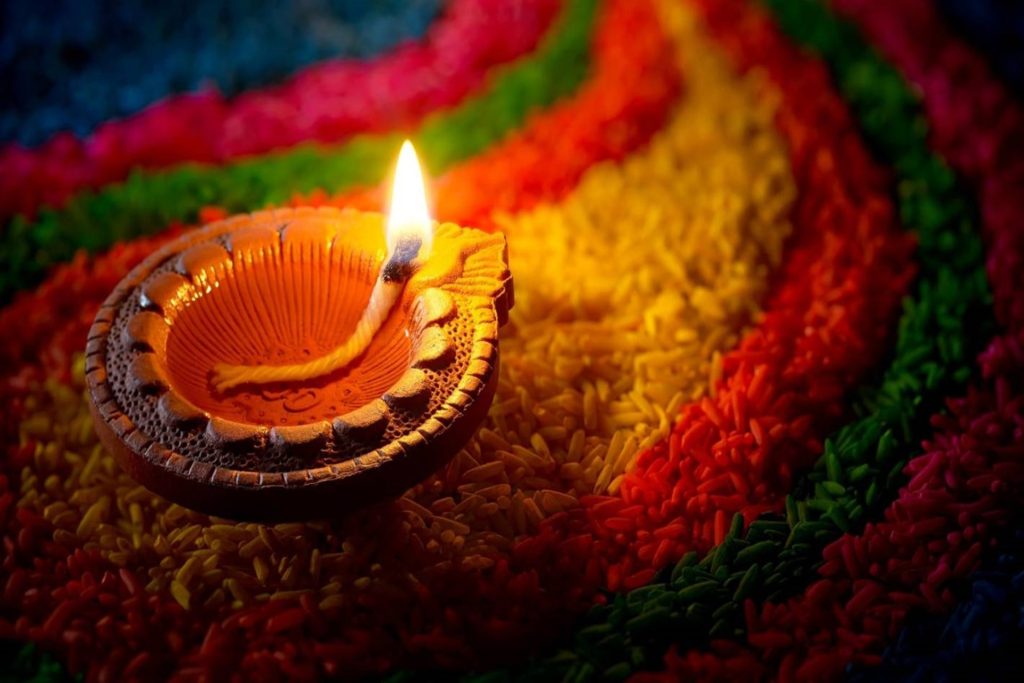Explore Asa, a key raga in Sikh music, known for its mystical mood and significance in the holy Guru Granth Sahib. Perfect for devotional melodies.
CHAUNKI or Chauki, lit. quarter, a four footed wooden platform upon which sat the holy choir to recite the sacred hymns in a gurdwara or at a gathering of the devotees. The term chaunki also refers to a session of kirtan or hymn singing, the number of singers at such sessions commonly being four, nowadays usually three, playing different instruments. Kirtan is a popular form of worship among Sikhs. At all major gurdwaras at least four kirtan chaunkfs are held. At the central shrine, in Amritsar, the Harimandar, kirtan goes on all the time, from 2.45 a.m. to 9.45 p.m.
CHUHAR, CHAUDHARl and Puria, both village headmen, attracted by Guru Arjan\'s fame as a holy teacher, once visited him. They said, "0 beneficent one, we have long desired to seek your precept. In our official capacity as village chaudharis, we commit many wrongs and utter many falsehoods. Be pleased to tell us how we can be saved." The Guru answered, "The remedy is simple; discard falsehood, anger and pride." At this Puria argued, "But, Sir, as chaudharis we have so often to tell lies.
DIVALI, festival of lights (from Sanskrit dipamala or dipavali meaning row of lamps or nocturnal illumination), is observed all over India on amavasya, the last day of the dark half of the lunar month of Kartika (October-November). Like other seasonal festivals, Divali has been celebrated since time immemorial. In its earliest form, it was regarded as a means to ward off, expel or appease the malignant spirits of darkness and ill luck. The festival is usually linked with the return to Ayodhya of Lord Rama at the end of his fourteen year exile. For the Hindus it is also an occasion for the worship of Laksmi, the goddess of good fortune, beauty and wealth.
ETAWAH (26° 47`N, 78° 58`E), a district town of Uttar Pradesh, 127 km southeast of Agra, has two Udasi Ashrams commemorating the visits of Guru Nanak and Baba Sri Chand. Sikh chronicles have not recorded these visits, but they do mention that Guru Tegh Bahadur while travelling to the east in 1666 passed through Etawah. He is believed to have stayed at the Udasi Ashram inside the town. The ashram is now known as Gurdwara Purabi Tola, also referred to locally as Ban Sangat.
Discover the legacy of Bhai Khushal Singh, a blind Sikh music maestro known for his mastery in gurbani and kirtan, influencing generations in Punjab.
Discover Mula Kir's true dedication to faith, honoring Sikh values by serving others and practicing humility and integrity—an inspiring legacy remembered.
NITNEM (nit: daily; nem; practice, rule or regimen) is the name given to the set prayers which every Sikh is commanded to say daily, alone or in company. These prayers or texts are five in number for early morning Guru Nanak`sJa/w and Guru Gobind Singh`s Jdpu and Savaiyye, for the evening at sunset Sodaru Rahrdsi and for night before retiring Kirtan Sohild. The ideal Guru Nanak, founder of the faith, put forth before his followers was to "rise early in the morning, remember the True Name and meditate upon His greatness" (GG, 2). According to Guru Ram Das, Nanak IV, "He who wishes to be called a Sikh of the True Guru must rise early in the morning and repeat God`s Name.
Explore 'So Daru', a hymn by Guru Nanak in the Guru Granth Sahib, unveiling spiritual dimensions of devotion, meditation, and divine elation.




